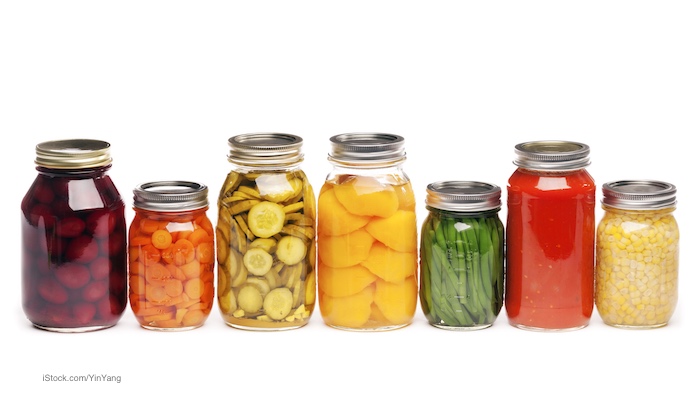A home canning warning has been issued by the Gray’s Harbor County Public Health Department after a man living in Aberdeen, Washington died of possible botulism. The man was 55 to 65 years old. No further information on him is available. Confirmation of the case of death is pending confirmatory results.

The property owner was assisted by officials from Grays Harbor County Environment Health with the safe disposal of around 170 pint-sized jars of home-canned food and canning jars according to CDC guidelines. Home canned foods can be a risk factor for botulism poisoning, especially if strict rules are not followed during preparation.
Botulism is a toxin that cannot be seen or tasted. It does not change the texture, taste, aroma, or appearance of food. The toxin is produced by Clostridium botulinum spores in foods that are packaged in anaerobic containers, such as jars, with a higher pH.
Anyone who wants to can food at home must use proper techniques, the correct equipment, and must dispose of any canned foods that may not have been properly preserved. The CDC and the Washington State Extension Grays Harbor websites have excellent resources for safe canning practices.
If you ever have any doubt about whether a home canned food was prepared properly, throw it out. Even a tiny taste of food contaminated with this toxin can kill an adult. Botulism is an emergency.
Symptoms of botulism include double vision, blurred vision, drooping eyelids, difficulty swallowing, slurred speech, muscle weakness, dry mouth, descending paralysis, difficulty breathing, and shortness of breath. The paralysis will eventually affect the lungs. An antidote is available but it is administered in a hospital setting.




